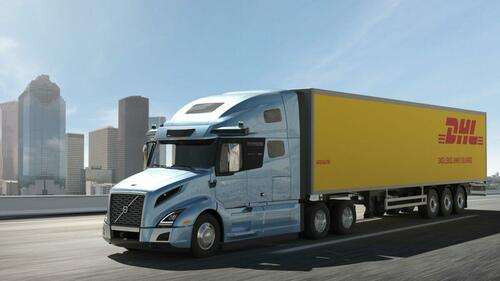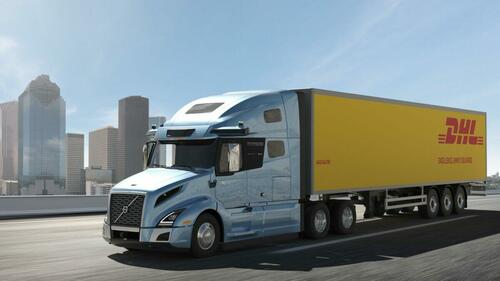By Alan Adler of FreightWaves,
The California State Assembly voted May 31th to ban driverless trucks from the state’s roadways, requiring a safety driver be present. If passed by the Senate, it would leave the state where most autonomous trucking companies are based as an outlier in adopting the technology.
The 54-3 vote banning autonomous vehicles over 10,000 pounds from operating without a safety driver followed similar majority committee votes on Assembly Bill 316. The measure received support from the Teamsters and other labor groups. They claim driverless trucks would eliminate thousands of good-paying jobs for human drivers.
“The public should not be treated as a lab rat for big corporations to test their technology. Californians deserve a safety-first approach. And this bill would do just that,” Randy Cammack, president of Teamsters Joint Council 42, said in March.
California 2024 Senate candidates U.S. Reps. Katie Porter, Adam Schiff and Barbara Lee have voiced support for the legislation. San Francisco Mayor London Breed also has expressed support.
Autonomous vehicle industry wants governor’s support
“AB 316 is a preemptive technology ban that will put California even further behind other states and lock in the devastating safety status quo on California’s roads, which saw more than 4,400 people die last year,” the Autonomous Vehicle Industry Association (AVIA) said in a statement after the vote.
“AB 316 undermines California’s law enforcement and safety officials as they seek to regulate and conduct oversight over life-saving autonomous trucks,” said Jeff Farrah, AVIA executive director. “We encourage Governor Newsom and the State Senate to reject AB 316 so Californians will benefit from the safety and supply chain benefits of autonomous trucks.”
In an April 20 editorial, the Orange County Register said opposition to driverless trucking is “classic union featherbedding.”
Dozens of autonomous trucking and technology founders, CEOs, and others wrote to Newsom in June 2022. California in late August released “Driving the Future: Autonomous Vehicles Strategic Framework Vision and Guiding Principles.”
The nine-page document concludes that “AVs hold the promise to be an important part of our mobility future.” But its added that “they are just one part of a broader set of solutions.”
The California Department of Motor Vehicles is considering the framework that could allow autonomous vehicles over 10,000 pounds to hit the road, without consent from the State Legislature.
Self-driving trucking software companies Kodiak Robotics, Plus, Waymo and TuSimple are all based in California. But they only operate their trucks in the state with safety drivers. That is the current practice in other states. Several states have shown willingness to eventually allow the driver to be removed from the truck.
TuSimple is aiming to commercialize a driverless route in Arizona between Tucson and Phoenix as soon as 2024. Pittsburgh-based Aurora is planning to run driverless trucks in Texas by the end of next year.








